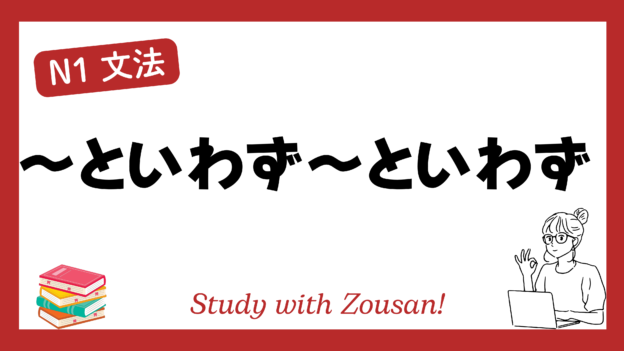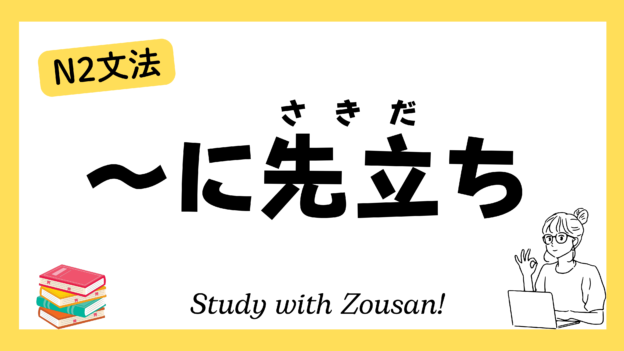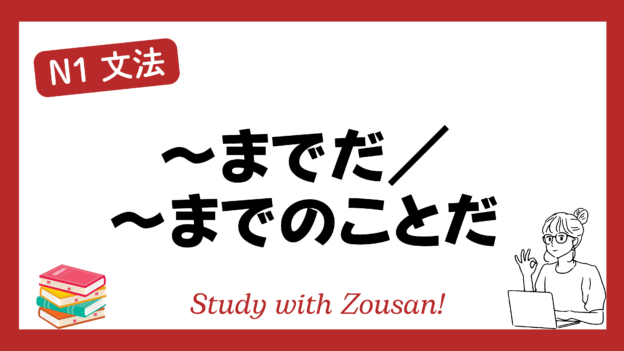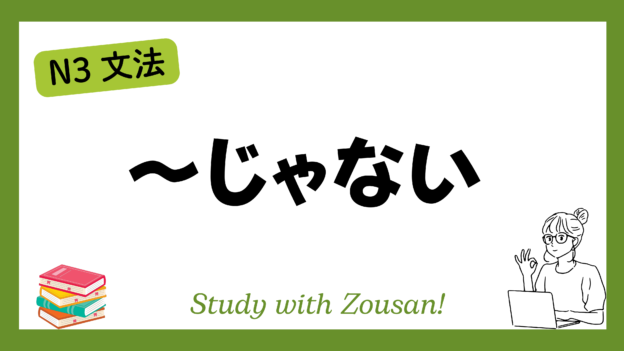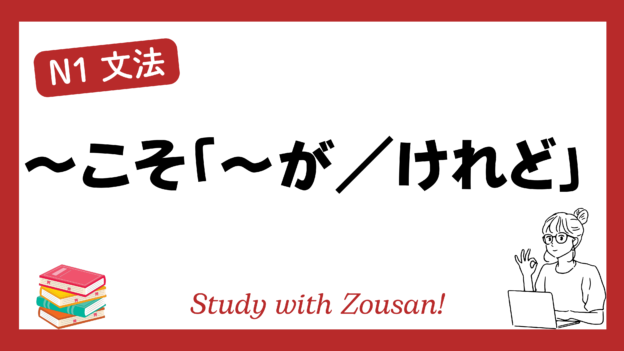N1文法:~といわず~といわず
Meaning: “Whether it’s… or…”, “Both… and…”, “From… to…”
This structure is used to express that there is no distinction between two things or time periods, and something happens equally or similarly for both. It emphasizes uniformity across the listed factors. This structure is often used in written or formal contexts to highlight a common trait between two different elements.
※Note: This structure is typically used to emphasize that there is no difference between the two factors or circumstances.
Structure:
| Noun-1 + | といわず + | Noun-2 + | といわず |
Example:
-
-
-
🌟 昼といわず夜といわず、彼はずっと働いている。
(ひる と いわず よる と いわず、かれ は ずっと はたらいて いる。)
Whether it’s day or night, he’s always working. -
🌟 手といわず足といわず、全身が泥だらけだった。
(て と いわず あし と いわず、ぜんしん が どろだらけ だった。)
Both his hands and feet were covered in mud. -
🌟 日本人といわず外国人といわず、この祭りを楽しんでいる。
(にほんじん と いわず がいこくじん と いわず、この まつり を たのしんで いる。)
Both Japanese and foreigners are enjoying this festival. -
🌟 頭といわず顔といわず、彼は全身汗びっしょりだった。
(あたま と いわず かお と いわず、かれ は ぜんしん あせびっしょり だった。)
His head and face, his entire body was drenched in sweat. -
🌟 部屋といわず、廊下といわず、家中が綺麗に掃除されている。
(へや と いわず、ろうか と いわず、いえじゅう が きれい に そうじ されている。)
Both the rooms and the hallways, the whole house is spotlessly clean. -
🌟 子供といわず大人といわず、このゲームはみんなが楽しめる。
(こども と いわず おとな と いわず、この ゲーム は みんな が たのしめる。)
Whether it’s children or adults, everyone can enjoy this game. -
🌟 顔といわず腕といわず、彼は日焼けしていた。
(かお と いわず うで と いわず、かれ は ひやけ していた。)
Both his face and arms were sunburned. -
🌟 平日といわず週末といわず、彼はいつも勉強している。
(へいじつ と いわず しゅうまつ と いわず、かれ は いつも べんきょう している。)
Whether it’s a weekday or weekend, he’s always studying. -
🌟 内といわず外といわず、あの犬はどこでも走り回る。
(うち と いわず そと と いわず、あの いぬ は どこ でも はしりまわる。)
Whether indoors or outdoors, that dog runs around everywhere. -
🌟 夏といわず冬といわず、この服は一年中着られる。
(なつ と いわず ふゆ と いわず、この ふく は いちねんじゅう きられる。)
Whether it’s summer or winter, this clothing can be worn year-round.
-
-



